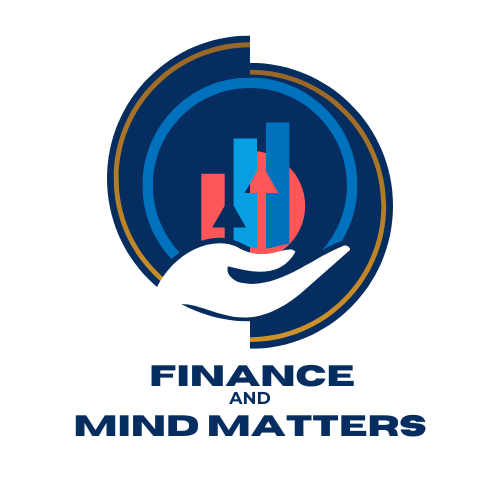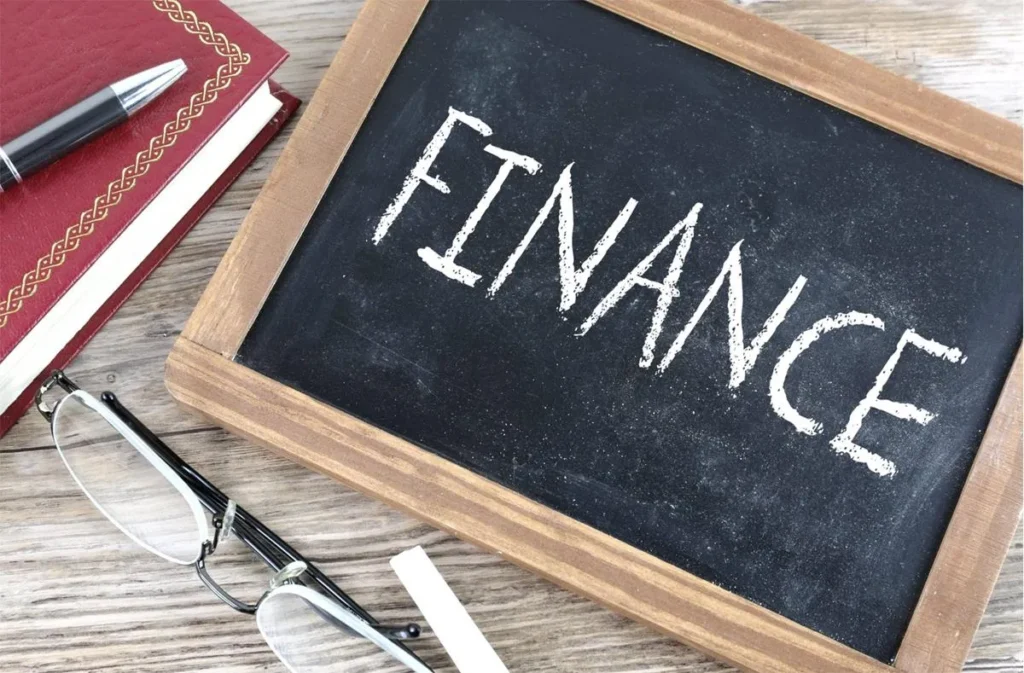As the end of the year approaches, it’s a great time to take a closer look at your finances, especially your debt. Whether you’re dealing with credit card balances, student loans, car loans, or mortgages, making a plan to tackle your debt before the year ends can significantly improve your financial outlook. Paying down debt is one of the most effective ways to reduce financial stress and build a stronger foundation for your future. Here are some top end-of-year personal finance tips to help you focus on debt repayment and set yourself up for a debt-free year ahead.
1. Take Stock of Your Debt
The first step in creating a successful debt repayment strategy is to understand exactly how much you owe and to whom. At the end of the year, take time to review all your debts—this includes credit cards, personal loans, medical bills, student loans, and any other outstanding balances.
Create a Debt Inventory
Make a list of each debt, along with the interest rate, minimum payment, and outstanding balance. This will give you a clear picture of where you stand financially and will help you prioritize which debts to focus on first. High-interest debts, such as credit card balances, should be at the top of your list because they can quickly become more expensive over time.
Consider Using Debt Consolidation
If you have multiple debts with varying interest rates, debt consolidation might be a smart option. By consolidating your debt into a single loan with a lower interest rate, you can simplify payments and potentially save money in interest. Look into balance transfer credit cards, personal loans, or home equity loans that offer lower interest rates, but be sure to review any fees associated with these options.
2. Focus on High-Interest Debt
When it comes to debt repayment, not all debts are created equal. Some debts, such as credit cards and payday loans, come with high interest rates, which can make it harder to get ahead. The sooner you pay these off, the more money you’ll save in the long run.
Use the Debt Avalanche Method
The debt avalanche method is one of the most effective strategies for paying down high-interest debt. To use this method, prioritize paying off the debt with the highest interest rate first. While making the minimum payments on your other debts, put as much extra money as possible toward the debt with the highest interest. Once that debt is paid off, move on to the next highest-interest debt and continue the cycle until all your debt is paid off.
Use the Debt Snowball Method
Alternatively, the debt snowball method focuses on paying off the smallest balance first. While it may not save you as much in interest as the avalanche method, it can provide a psychological boost as you eliminate smaller debts. Once a debt is paid off, take the amount you were paying on that debt and apply it to the next smallest balance, creating a “snowball” effect that accelerates your progress.
3. Make Extra Payments Before the Year Ends
The end of the year is an excellent time to make extra payments toward your debt. Whether you’ve received a year-end bonus, tax refund, or just have some extra savings, using this money to pay down debt can help you finish the year strong and reduce your overall financial burden.
Apply Bonuses or Tax Refunds to Debt
If you receive a year-end bonus at work, consider putting a portion of it toward paying off your debt. Similarly, if you anticipate receiving a tax refund, plan to allocate a significant portion of it toward your highest-interest debts. Even a small extra payment can make a big difference in reducing the amount of interest you’ll pay in the long run.
Make Lump-Sum Payments
In addition to using windfalls, consider making a lump-sum payment toward your debt if you have additional savings that aren’t earmarked for an emergency fund or other priorities. The goal is to reduce your overall balance as much as possible before the year ends, which will leave you with less debt to carry into the new year.
4. Refinance High-Interest Debt
If you have high-interest debt, such as credit card balances or personal loans, refinancing may help you secure a lower interest rate and reduce your monthly payments. Refinancing can also simplify your debt by consolidating multiple debts into one, making it easier to manage.
Look for Lower-Interest Credit Cards
If you have credit card debt with high interest rates, consider transferring your balances to a credit card with a 0% introductory APR for balance transfers. Many credit cards offer promotional 0% APR periods for up to 18 months, which allows you to pay down your debt without accruing interest. Just be sure to pay off the balance within the promotional period to avoid interest charges when the period ends.
Consider Refinancing Loans
For other types of debt, such as personal loans or student loans, refinancing can also help lower your interest rate. If you have good credit, you may be able to secure a loan with a lower rate, which will save you money and make it easier to pay off your debt. Be mindful of any fees associated with refinancing and ensure that the savings outweigh the costs.
5. Negotiate with Creditors
If you’re struggling to make payments on time or if your debt is overwhelming, consider reaching out to your creditors to negotiate a lower interest rate, reduced monthly payments, or even a settlement. Many creditors are willing to work with you, especially if you’re experiencing financial hardship.
Ask for Lower Interest Rates
If you have a good payment history, ask your credit card issuer or loan servicer for a lower interest rate. Some creditors are willing to grant this request, especially if you have been a loyal customer or if you’re trying to avoid missing payments.
Consider a Debt Settlement
In extreme cases, negotiating a debt settlement may be an option. This involves negotiating with creditors to settle your debt for a lower amount than what you owe. Debt settlement can negatively impact your credit score, but it may be a way to reduce your debt if you’re unable to repay it in full.
6. Cut Back on Unnecessary Spending
One of the most effective ways to pay off debt faster is to free up more money each month for debt repayment. Cutting back on unnecessary spending can help you allocate more of your income toward paying off your debt.
Review Your Monthly Expenses
Take a close look at your monthly expenses and identify areas where you can cut back. This might include eating out less, canceling unused subscriptions, or reducing discretionary spending. The money you save can then be directed toward your debt repayment goals.
Refinance or Downsize Big Expenses
If you have large expenses like a car loan or mortgage, consider refinancing to get a lower interest rate or reducing your monthly payments. Additionally, downsizing your living arrangements or selling unused items can provide extra cash to help pay down debt.
7. Set Clear, Achievable Debt Repayment Goals
Setting clear and achievable goals can help you stay motivated and focused on paying off your debt. At the end of the year, take time to set specific targets for your debt repayment and outline the steps you’ll take to achieve them.
Break Down Your Goals
Instead of focusing on paying off all your debt at once, break your debt repayment goals into smaller, manageable chunks. For example, aim to pay off a specific amount of debt each month or to eliminate one credit card balance by the end of the year. Tracking your progress will help you stay motivated and ensure that you’re making steady strides toward becoming debt-free.
Conclusion
The end of the year is the perfect time to take control of your debt and start the new year with a fresh financial outlook. By taking stock of your debt, prioritizing high-interest balances, making extra payments, and exploring options like refinancing or debt consolidation, you can make significant progress toward paying off your debt. With careful planning, budgeting, and determination, you can reduce your financial stress and set yourself on a path toward a debt-free future.

